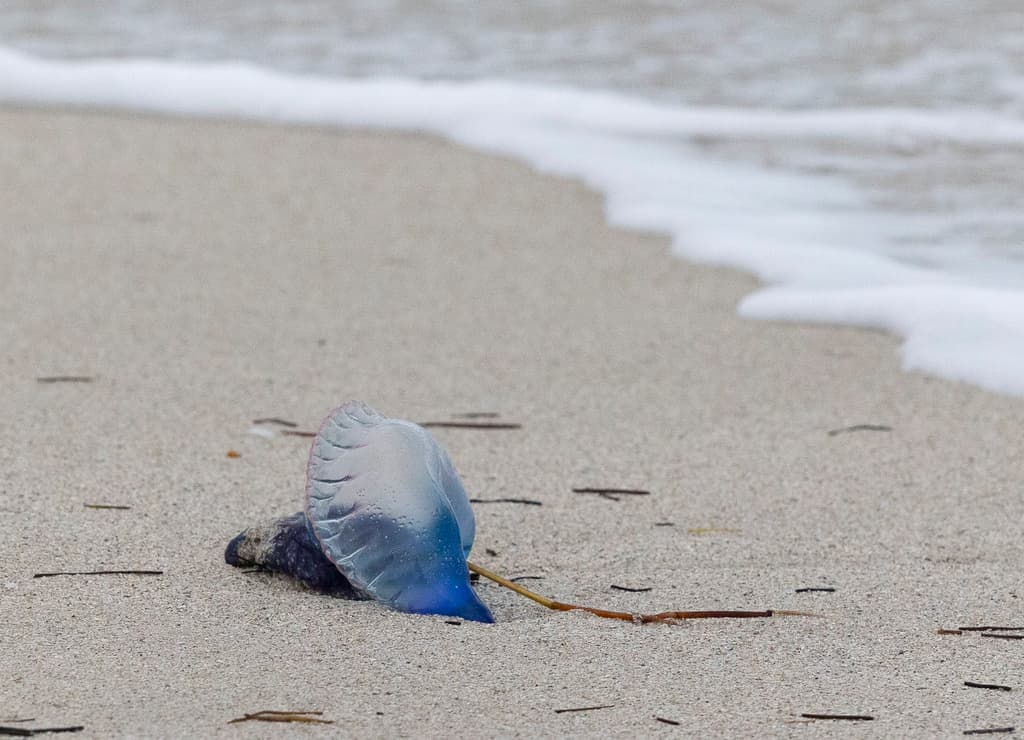Between May and August this year, nearly 7,500 people sought medical care – an increase of 41 percent, according to The Guardian.
A possible explanation is that the rising sea temperature facilitates the jellyfish's reproduction while driving them northward, the newspaper writes.
The majority of jellyfish along the Spanish coast are harmless, but after the poisonous species Portuguese man o' war was found, two beaches in Tarragona were closed in July.
The Portuguese man o' war, one of the world's most poisonous species, is actually not a jellyfish but consists of four different cooperating organisms. It carries a strong nerve poison that can be deadly. The pain after a sting is so intense that it can cause unconsciousness.






